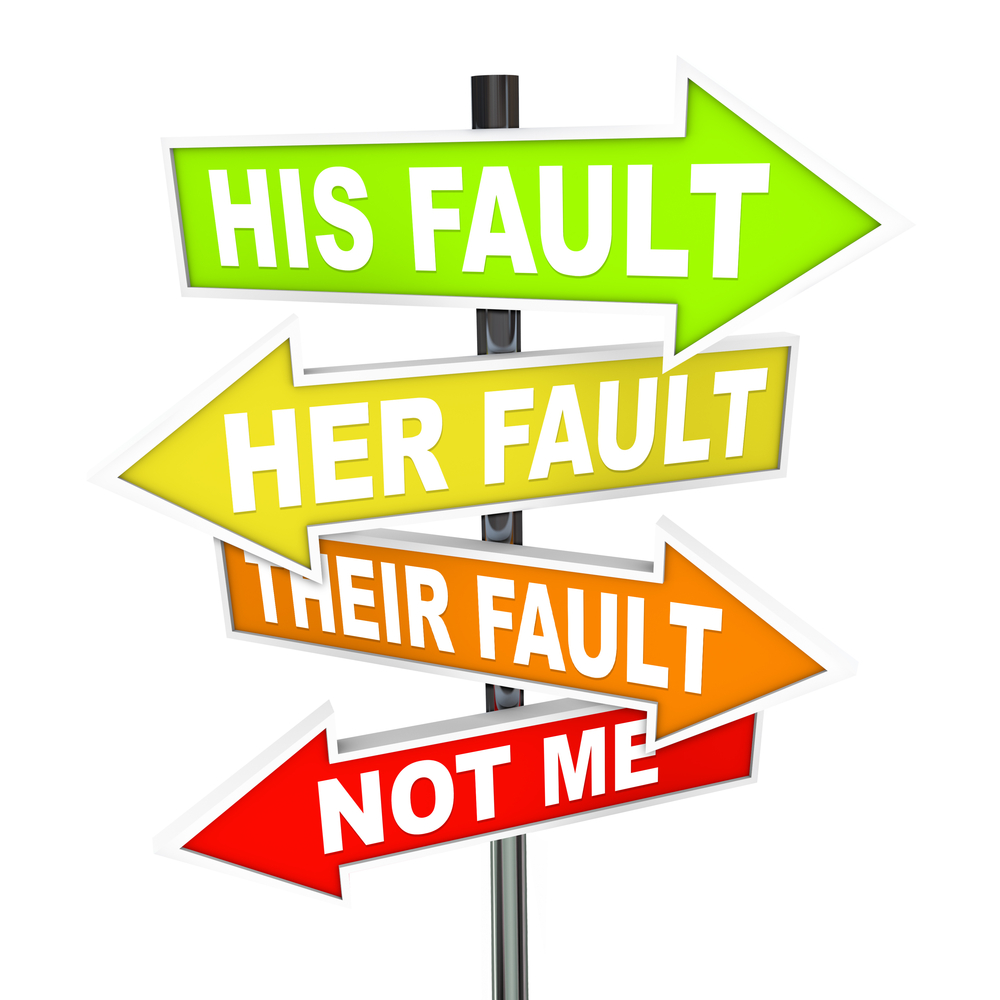Personal Jurisdiction and Florida Court’s Two-Prong Analysis
When a defendant is sued, a court needs to have personal jurisdiction over that party. It is a due process consideration to ensure the court has authority over that party. A court’s ruling as to personal jurisdiction over a party will give a right to an immediate appeal. The issue of personal jurisdiction is generally confronted when the defendant is a foreign person or company, i.e., not operating in Florida, being sued in Florida. Making the decision to sue a foreign person or company in Florida needs to consider personal jurisdiction including the appellate right associated with a court's ruling on...
Continue reading







